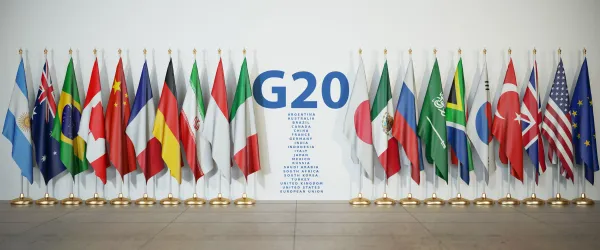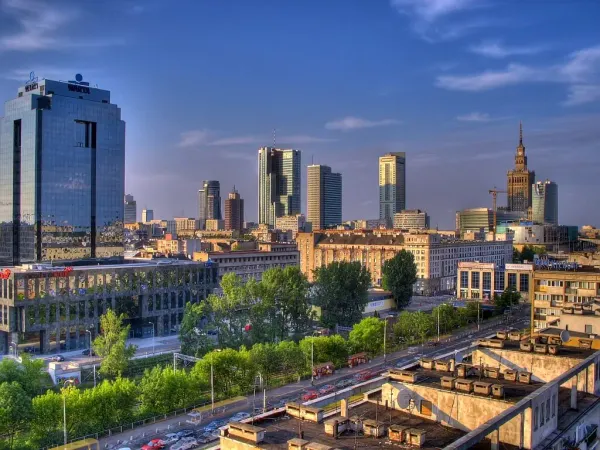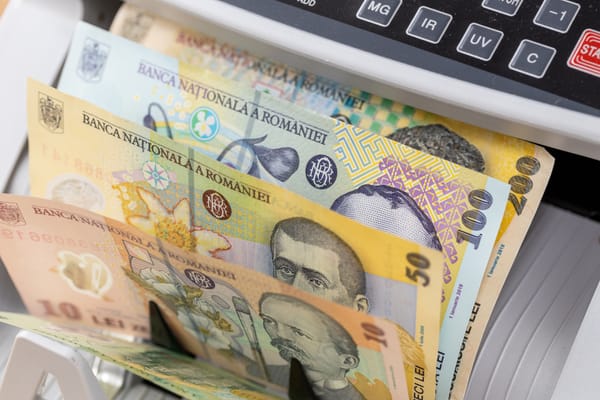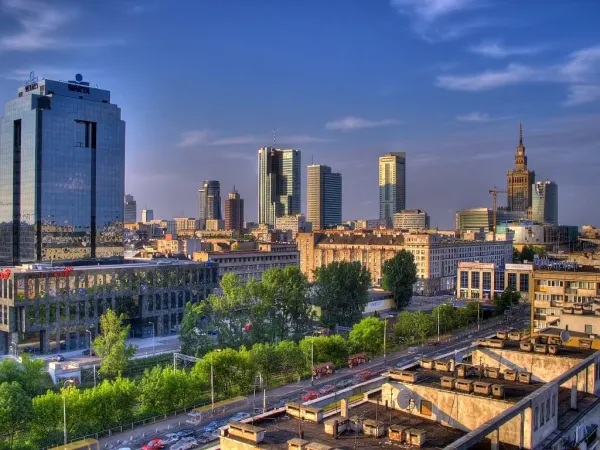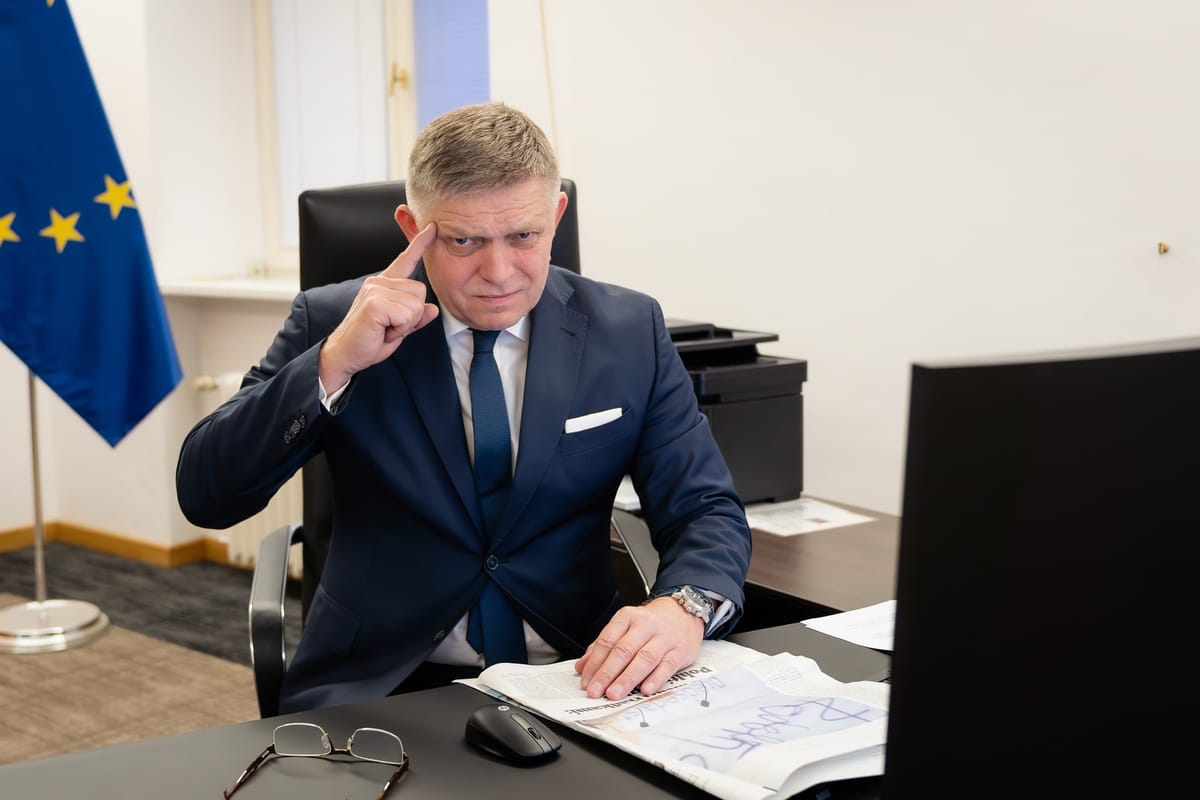
Fico calls Ukraine 'frozen conflict'
Slovak Prime Minister Robert Fico has reiterated his stance that Russia’s war with Ukraine is insoluble, stoking fears that he could form part of a pro-Kremlin lobby in the EU.
After meeting with Czech Prime Minister Petr Fiala, Fico called the war a “frozen conflict” that cannot be solved by sending arms to the Ukrainian army, in Prague on 24 November. The 59-year-old political veteran had already ceased Slovak military aid to Ukraine after his government was sworn into office a month earlier.
Pragmatist plays to domestic electorate
Fico’s election ticket promising to stop sending weapons to Ukraine and to oppose new sanctions against Russia, resonated with Slovakia’s traditionally more Russophile voters.
The extremist rhetoric is for the Slovak audience, not as a message to foreign partners, local analysts say, adding that Orban has actually backed all of the EU’s support for Ukraine and its sanctions against Russia. Fico tended to tow a more moderate line behind closed doors during his previous spells in power from 2006-10 and 2012-18, local observers recalled.
“As long as they [EU leaders] say the wrong things and do the right things, I think it’s fine,” Estonian Prime Minister Kaja Kallas said after meeting Fico in Brussels recently.
Conversely, erstwhile Latvian defence minister Artis Pabriks has pointedly asked whether Slovak soldiers stationed in Latvia will be allowed to fight if Russia invades. Fico has never publicly questioned Slovakia’s membership of NATO, nor the EU, however.
Restricting Fico’s room for manoeuvre is the reality that cash-strapped Slovakia will need EU recovery and cohesion funds if he is to keep election promises of stability and prosperity. Fico’s pledge regarding Ukraine is hardly a game-changer, as Slovakia has already sent almost all of its available arms.
With a population of just 5.5mn and a EUR 115bn (USD 122bn) GDP in 2022, and heavily economically dependent on EU partners, “Slovakia barely has any leverage”, according to an unnamed insider source of Brussels-based website Politico.
Orban, Fico alliance not guaranteed
Hungarian Prime Minister Viktor Orban is seeking a pro-Russian, illiberal bloc within the EU, leading to recent speculation over whether Fico would serve as an ally in this.
Orban also opposes Ukraine’s EU membership. “Today it does not coincide with Hungary’s national interests”, he said in an interview on Friday, 1 December. “It is not worth starting membership negotiations because we cannot answer the question of what the consequences of Ukraine’s membership would be,” he added.
Fico’s reappearance on the international stage cannot compensate Orban for the right wing’s election loss in Poland, but the Hungarian premier will hope that Fico agrees to a similar mutual support agreement in EU votes.
Fico did not join Orban in opposing the EU’s proposed EUR 50bn aid package for Ukraine, however, instead demanding guarantees that European money will not be embezzled and that Slovak companies play a role in the rebuilding of Ukraine.
Fico could play safe amid geopolitical turmoil
A political pragmatist, Fico will not want to appear as a threat to the rule of law, as Poland and Hungary have had billions of euros frozen over legislative disputes. Fico has also said he will not be meeting with Russian President Vladimir Putin, unlike the Hungarian premier.
Slovakia’s privately-owned weapons industry, which has large orders to produce and ship weapons to Ukraine, will likely continue to ship arms to Ukraine.
According to Mikulas Dzurinda, who served as Slovakia’s prime minister from 1998-2006, Fico “leans towards Russia in its conflict with Ukraine (and) has repeatedly said Russia’s war against Ukraine is ‘not our war’.
“What makes the situation even more serious is that the burden of aid for Ukraine has gradually been shifting from the shoulders of the US to those of Europe… due to a host of other geopolitical developments.”


